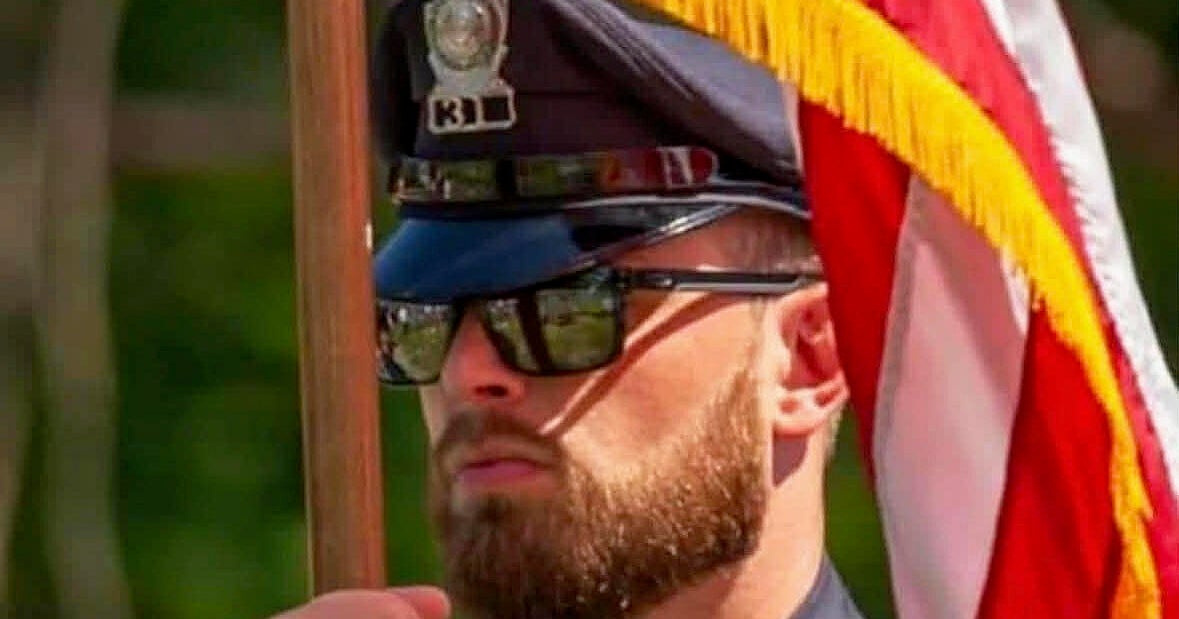Swatting calls target more than a dozen public officials since Christmas. One says, "This is an assassination attempt."
More than a dozen public officials have been targeted by attempted "swatting attacks" in the weeks since Christmas, according to a review by CBS News. The calls have targeted judges overseeing cases against former President Donald Trump, politicians of both parties, a prosecutor, and even the White House — part of a growing and alarming number of swatting incidents nationwide.
What is swatting?
Swatting is a dangerous and illegal scheme in which people make false emergency calls in an attempt to prompt police to dispatch SWAT teams to the homes of public figures, celebrities or enemies in an effort to harass and menace.
"This is an assassination attempt. That's what it is. They are looking for a violent act to happen at your home at the hands of the police," said Rep. Brandon Williams, a Republican who was the victim of a swatting incident on Christmas Day at his home in Cayuga County, New York.
Williams said the swatter, who has yet to be caught, made a hoax call claiming a shooting had occurred at Williams' home. As sheriff's deputies raced up Williams' driveway to respond, the first-term congressman walked out of his home and raised his hands in the air.
Williams told CBS News, "You have to de-escalate and sort of disarm the situation, because the police have a job to do. And thank goodness they're willing to do that job."
Who has been targeted by swatting calls?
CBS News' review of police, FBI and court records shows other swatting attempts in the past three weeks against special counsel Jack Smith, who is overseeing the criminal prosecution of former President Donald Trump in Washington, and federal judge Tanya Chutkan, who is assigned to the case.
Other recent swatting targets also include Sen. Rick Scott, a Republican from Florida; Rep. Marjorie Taylor Greene, a Georgia Republican; Georgia elections official Gabriel Sterling; and the White House itself, where a false call about a suspected fire was made to emergency dispatchers Monday morning, prompting more than a dozen fire and EMS units to respond.
Maine Secretary of State Shenna Bellows was targeted by a swatter after announcing her ruling that Trump's name should be removed from her state's primary election ballot. Bellows, a Democrat, told CBS News, "I don't think it's any coincidence. I issued my ruling on a Thursday, and it was Friday evening that I got swatted."
"It seemed designed to share a message to scare me or silence me," Bellows said.
An FBI report shared with CBS News showed more than 500 swatting incidents nationwide since May. The first responders are often local police SWAT units who have no alternative but to robustly and urgently respond to the 911 calls, said former U.S. Secret Service deputy director A.T. Smith, who is a CBS News law enforcement consultant.
"These kinds of calls over and over again are going to drain their assets," Smith told CBS News. And he said each swatting response poses the risk of danger.
"It's not a joke like having someone deliver a pizza to your house. This is real. The response teams are all real. They're armed with real guns real ammunition. Someone who is oblivious to this may try to protect themselves just out of fear," Smith said. "In the end someone who's totally innocent gets hurt or killed."
A swatting response in Wichita, Kansas, in 2017 resulted in the fatal shooting by police of an innocent person. In that case, the caller, a man in Los Angeles, pleaded guilty and was sentenced to 20 years in prison.
Smith said, "It's dangerous for the police because if they encounter someone at a residence, or where they've been dispatched, that knows nothing about this, they may defend themselves. It's a very harmful, dangerous scenario for all involved."
None of the swatting incidents targeting public officials in the recent outbreak have resulted in arrests.
Williams said the Christmas Day swatting incident at his home disrupted holiday celebrations and rattled his family members. He said his family asked, "'Are you safe? What happens next? Who's the next person coming up the driveway?'"
After the unexpected drama of the police response was over, Williams said he handed the deputies small bags filled with holiday cookies. "You have to empathize with the police who respond," he said.
One of the other recent swatting targets, Sen. Rick Scott, has proposed new legislation to expand criminal statutes to include swatting as a federal crime.
"This legislation would impose strict penalties for swatting, including up to 20 years in prison if someone is seriously hurt because of a swatting attack," Scott said.




